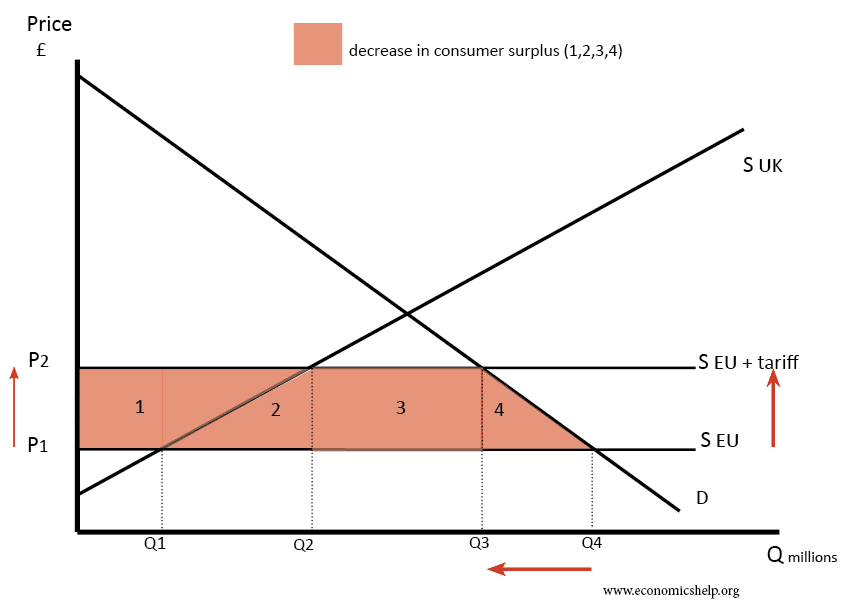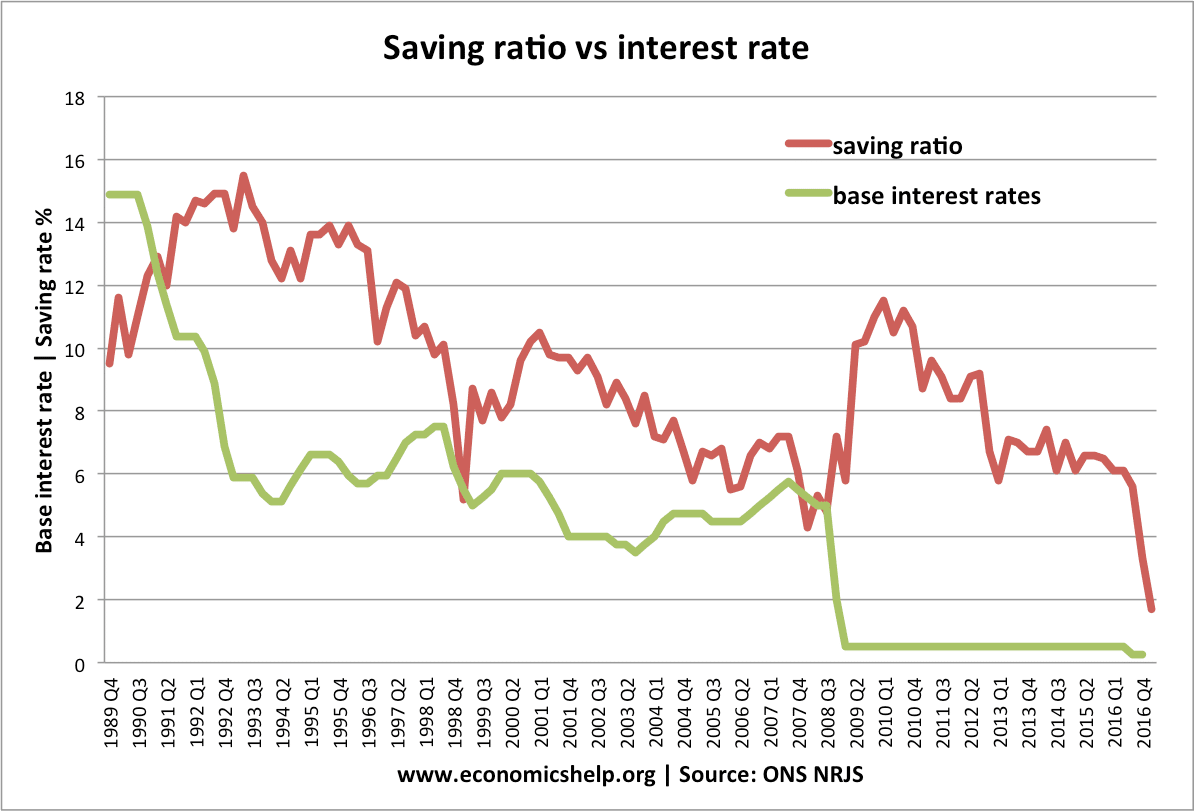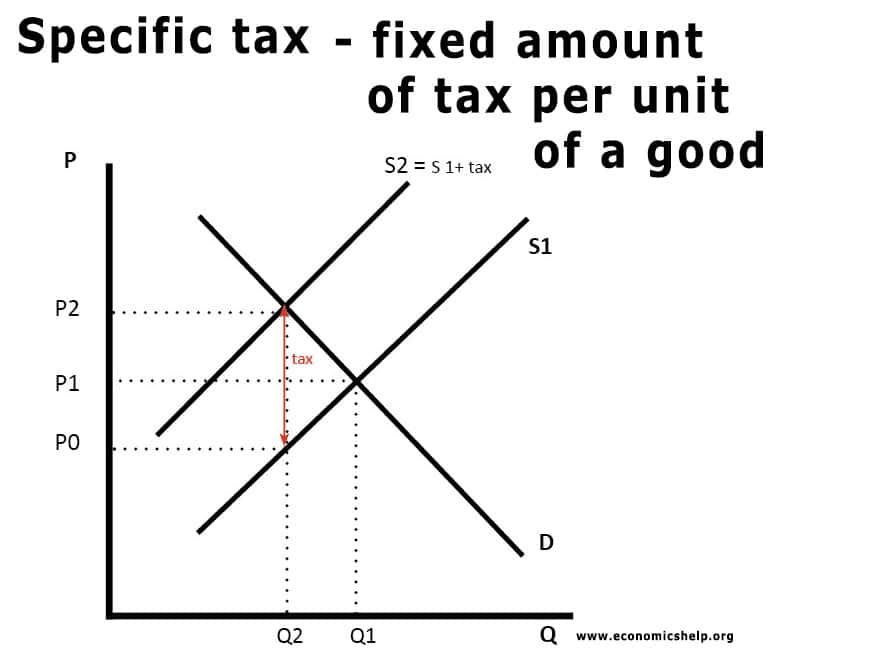Wealth Inequality in the UK
New statistics from the ONS, show that there are large disparities in wealth within the UK. In 2010/12, aggregate total wealth of all private households in Great Britain was £9.5 trillion, (increasing from £9.0 trillion in 2008-10. Some highlights from the report The wealthiest 10% of households owned 44% of total aggregate household wealth. The …




